Digital marketing has now taken the lead in media and entertainment marketing.
YouTube alone reaches more users daily than any existing cable networks, giving you an enormous captive audience who is engaged.
Marketing for media and entertainment businesses looks a lot different than it used to even fifteen years ago, and it’s important to adapt to digital marketing strategies and techniques.
In this post, we’ll take a close look at seven media and entertainment marketing secrets that you need to know to effectively reach your audience and increase the consumers of your content.
Back in the good ole’ days, entertainment and media made heavy use of traditional marketing methods for advertising purposes.
Television shows and movies focused exclusively on TV commercials, for example, essentially sticking to their own medium.
Newspapers, radio, and television were all their own forms of marketing, keeping everything on the same platform that the content would appear on later.
While television commercials and newspaper ads are obviously still around, they’re significantly less important than they used to be.
YouTube Ads, for example, cost significantly less than traditional print or tv commercials, and they’re more effective:
With video ads you aren’t just building brand awareness, you can add a link that users can click to take them right to the product or service you want to promote.
But, hey, wait a minute… that’s our media and entertainment marketing secret #3.
Let’s start with number 1!
1. You Need to Sell the Experience
When it comes to the entertainment industry, in particular, competition is fierce.
You’re competing with a user’s attention with other television channels, YouTube influencers, social media content, online binging programs, podcasts, and so much more.
Users are increasingly wanting a relatively immersive experience, which is essentially content that really sucks them in.
Anything that feels like an “event” even while you’re watching or listening from home has a higher chance of increasing views, listens, or other types of engagement.
This is why you often see ads using phrases like “Experience the live finale on Sunday” or “This most dramatic experience in Bachelor history.” (I detest, The Bachelor, for the record, but some of their marketing campaigns check out.)
Whenever there’s an option to involve your audience in the experience, it’s worth doing.
Below, the Bachelor was raffling off a chance to win tickets “to see love IRL” and attend some event in the future.
You’ve also got shows like “The Voice” or “Big Brother” that share live (but carefully curated) hashtags in real-time, including users in part of the TV shows as they’re streaming. This is another way to encourage users to “experience” the content.
Similarly, true crime podcasts encourage listeners to call in with tips or share their theories, actively enrolling them as armchair detectives so that they feel like they’re really part of it.
When marketing, make sure you talk about what kind of experience you’ll offer.
Is it a fun night of family-friendly movie-watching? The chance to help solve an uncrackable murder, or to see love live IRL?
Consider how you’ll get people invested in what you have to offer.
2. Know Where Your Audience Is & How to Reach Them
All entertainment and media companies have regularly subscribers, listeners, viewers, watchers, and whatever else they’re trying to get once they’re up and running. These users are active and loyal subscribers, and they’re valuable to your business.
They aren’t enough, however, so you want to think about how to get off of your own platform to promote new content, series, or offers and connect with new audience members.
Let’s look at an example.
In my household, The Office reruns are still a popular choice, so we log in to Netflix a few times a week. We might see advertisements for new shows available on the platform, but anyone who isn’t already a subscriber won’t see those in-app trailers because they don’t have access to the app.
Using marketing campaigns on other platforms to generate interest will be important.
Netflix, for example, shares trailers for new shows on multiple other social networking sites, including uploading extended trailers on YouTube where users are likely to sit and watch video content longer than thirty-seconds.
Think about your audience and where they’re most likely to be online, and how they’re consuming content.
It may make sense, for example, to run YouTube or Facebook in-stream video ads to relevant audiences.
A conservative newspaper might feature a short video that will be played before or during longer content from a popular conservative influencer or journalist, ensuring they’re reaching their target audience.
3. Video Marketing Should Be a Key Priority
This tip is simple and straight-forward.
Whether your business is a newspaper, publication, streaming company, content creators, or any other field in the media and entertainment industry, you want to take advantage of video marketing.
Marketers who use video see revenue growth 49% faster than businesses who don’t, and social video generates 12x more shares than images or texts do combined.
Even if you’re working on creating a podcast, make sure you’re using video on social media to keep your audience interested.
Even if audio is your predominant format, you want to keep your content on social media and even your website diverse.
There are plenty of different platforms to take advantage of, and your videos don’t need to be long or expensive to create.
Six-second long Bumper Ads on YouTube can work exceptionally well to peak interest and drive clicks to your site.
4. Always Promote Transparency & Ethical Practices
Businesses that are transparent, authentic, and that regularly make ethical decisions are going to gain favor with audiences quickly.
While the content you’re creating should always be the primary focus and will matter most, being known as a great team to work for can go a long way with public perception.
For publications in the media industry, trust is more important than ever before, especially when we’re living in such contentious times where false news is floating around on social media constantly and people struggle to differentiate between truth, rumors, and flat-out lies.
Focusing on transparency and ethical practices– including carefully sourcing your articles and detailing fact-checking policies– can help establish you as a trusted source of information.
If you’re a news company, you should also register with Facebook so that they can share information about your publication with readers, helping them make decisions about the content you’re creating.
This can go a long way in establishing trust. Stay away from click-bait, and focus on sharing the news that your audience will most want to see.
Businesses within the entertainment industry can benefit from this, too, especially if they’re recognized as supporting their community.
People want to support programs that are doing good things for the world; plenty of people, for example, refused to watch House of Cards until Kevin Spacey was fired, while several medical shows are currently getting accolades and social shares for donating medical supplies to hospitals.
Doing good with your platform will be noticed by your followers, so this is a great marketing strategy to use for those in the media and entertainment industries, which historically haven’t always been trusted.
5. Know What You Can & Can’t Promote
This is mostly for media companies that share news and information with their audience, but it’s an important tip.
You need to know what you can and can’t promote on each individual platform, and what information you can share.
News companies in particular have restrictions that they need to understand on platforms like Facebook.
Facebook’s guidelines state that companies shouldn’t be using click-bait to drive engagement, and that they shouldn’t be sharing misleading information.
While this can be difficult to enforce, the platform is absolutely taking steps to try to do so, and you don’t want to end up with your Page being shut down.
Political advertising is also carefully regulated, so you’ll want to be aware of this if boosting any content that could potentially be thought of as political, even if it’s not directly about an election itself.
6. Think Outside the Box
Most media and entertainment companies know that Facebook, Instagram, Twitter, and YouTube are pretty standard options for promoting their content.
Sometimes, though, thinking outside the box can deliver outstanding results.
Hulu, for example, ran a series of paid campaigns to promote their native show about Gypsy Rose Blanchard in multiple True Crime subreddits, putting the show in front of people who were familiar with the story and interested in similar content.
Another streaming platform is currently advertising in subreddits like “realitytv” and “tvshows” to advertise their app.
Some companies are also leveraging the actors, influencers, and journalists that are associated with their content to help promote it.
Many of these individuals are eager to do so, showing off the content they’ve worked hard to be part of and to create. This is also a great way to expand the visibility of your content while taking advantage of already-engaged audiences.
7. Keep Your Followers Engaged
You don’t just want to attract new subscribers and customers; you want to keep them around long-term, too.
Most media and entertainment companies thrive on long-term, loyal subscribers, which can keep acquisition costs low, and keep your retention rates and LTV rates much higher.
Retargeting campaigns will be a great choice here.
Entertainment companies, for example, can use retargeting ads on Facebook to reach out and let past subscribers know that the next season is coming up soon. You can even attach opt-ins so that users can receive notifications or emails when the first episode goes live.
Netflix regularly uses email marketing to send out personalized suggestions based on each users’ past watch history, reminding them to finish shows before they’re taken off the platform or offering ideas of new content to watch. This is extremely effective.
Media agencies are able to leverage the same strategy as well, sending users newsletters featuring news curated based on their past interested.
I regularly get emails from the cooking sections of newspapers if that’s the content I read most, even if they’ve got a full range of content on their site.
Check out your site activity; you may find that you have audiences strictly interested in your business content, or the weather predictions your site offers, or practical tips about how to prepare for the flu, hurricanes, or an economic hardship.
If you can create small, highly-curated emails for these niches, your engagement and retention rates will likely increase.
Final Thoughts
Marketing for media and entertainment companies will often be a little different than marketing for many other B2B or B2C businesses, largely because the consumer’s relationship with your products look a little different, too.
Hulu, for example, has an enormous audience, as the streaming platform will appeal to almost everyone, while most other companies have much more niche pain points or customer motivations.
Everyone needs to be entertained, and everyone hopefully wants to stay up to date about what’s happening in the world, making media and entertainment businesses crucial.
It just comes down to determining how to reach your specific audience members and convince them that your content is what’s worth consuming.
Need assistance creating high-converting ads for your media or entertainment company? Consider signing up for AdEspresso University, which can teach you everything you need to know about creating successful campaigns. Learn more here.
What do you think? What entertainment and media marketing strategies do you use for your business? Which secrets help keep your marketing techniques grounded? Share your thoughts and questions in the comments below!
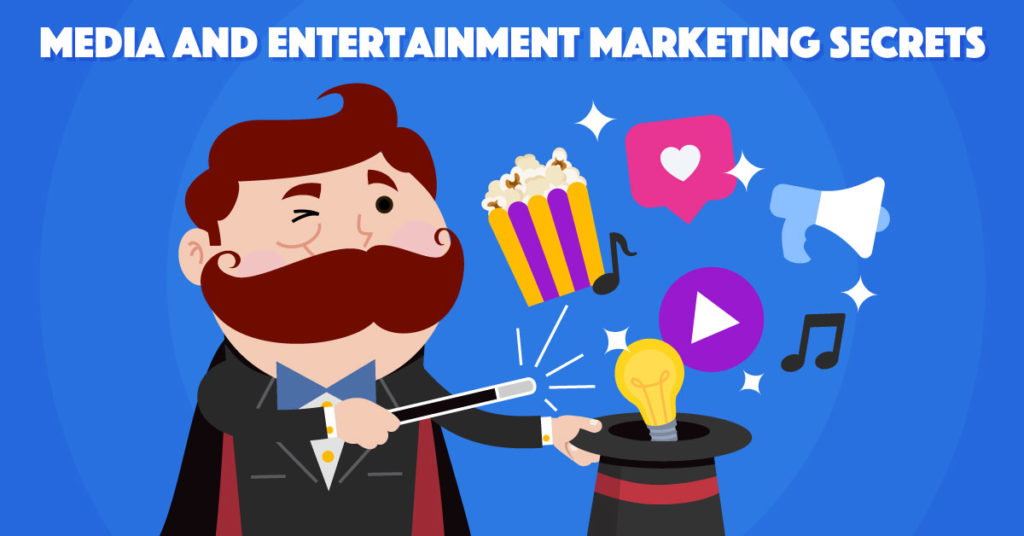
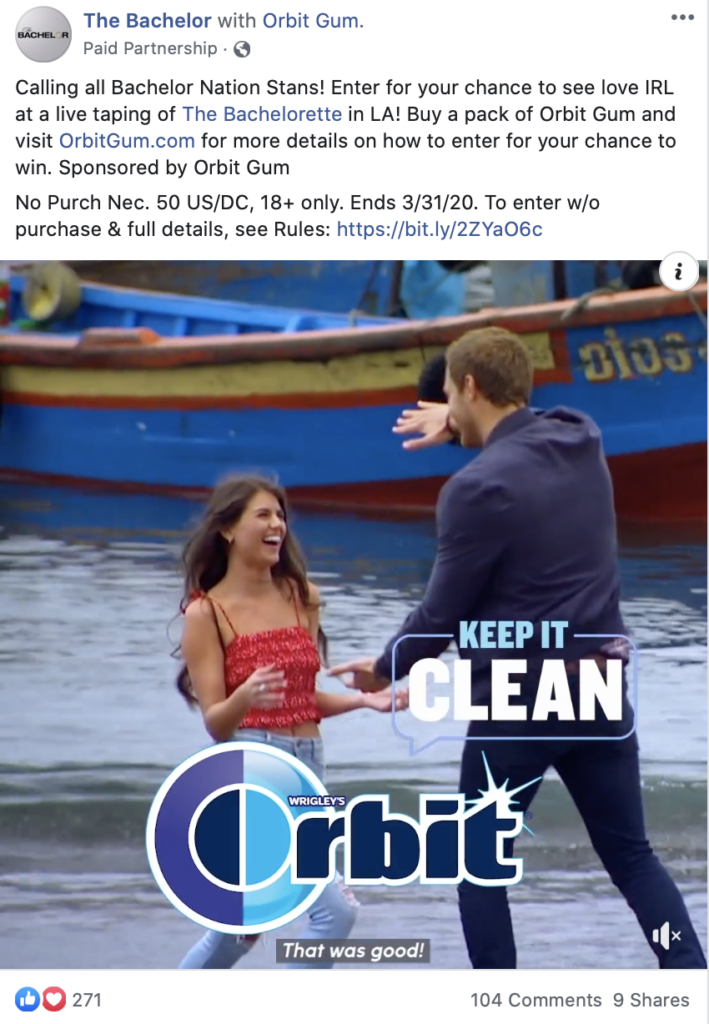
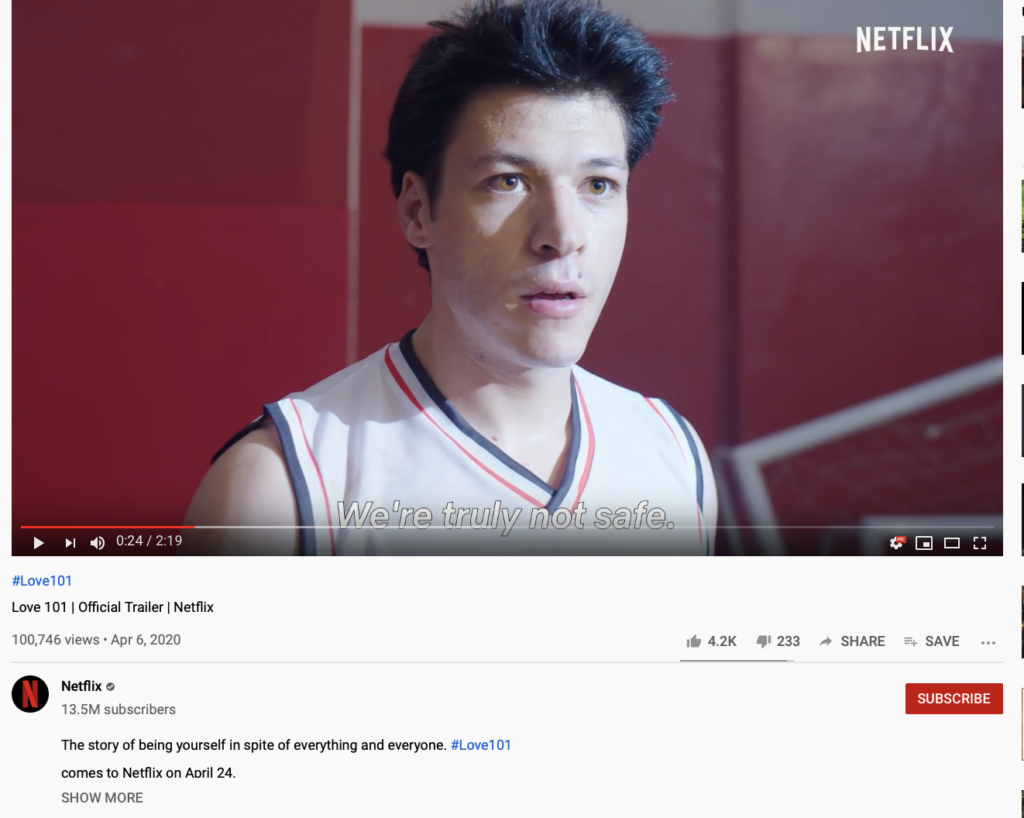
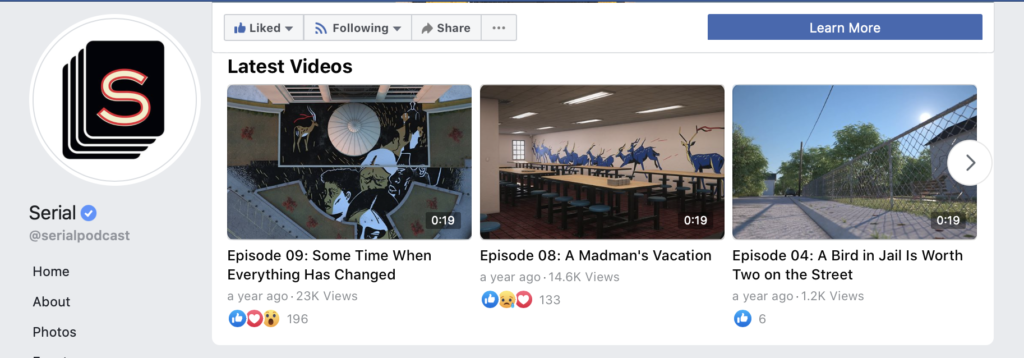
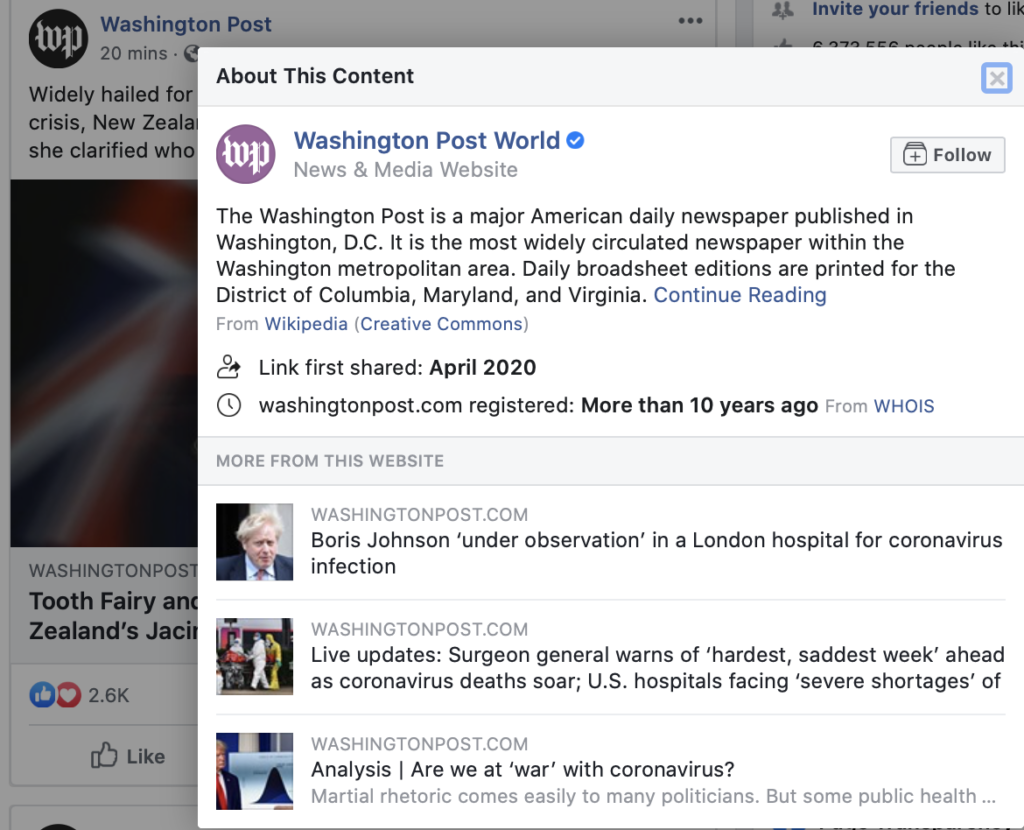
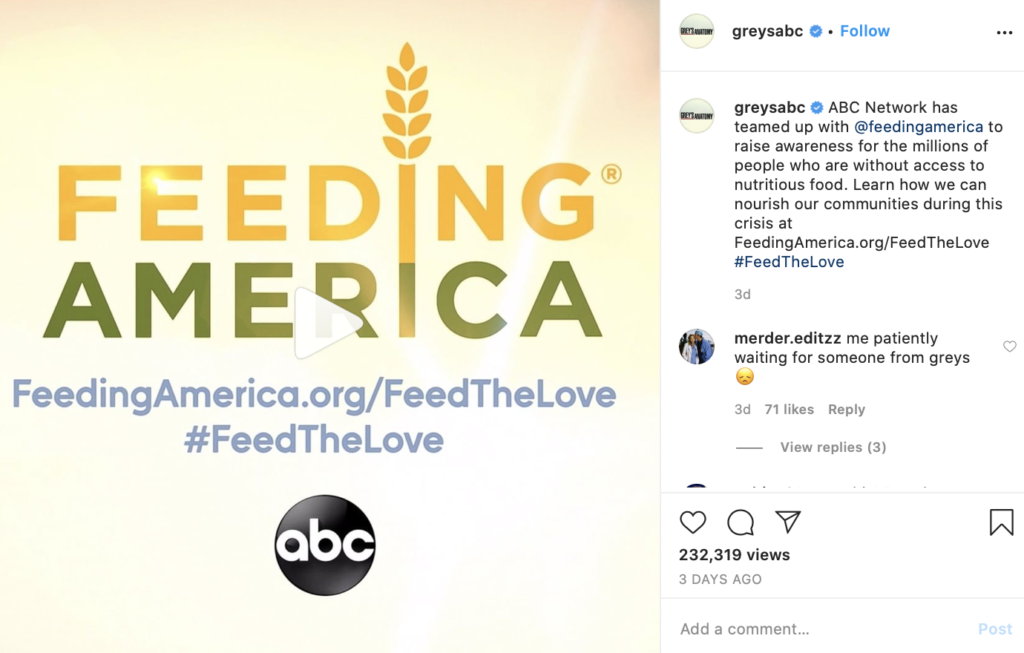
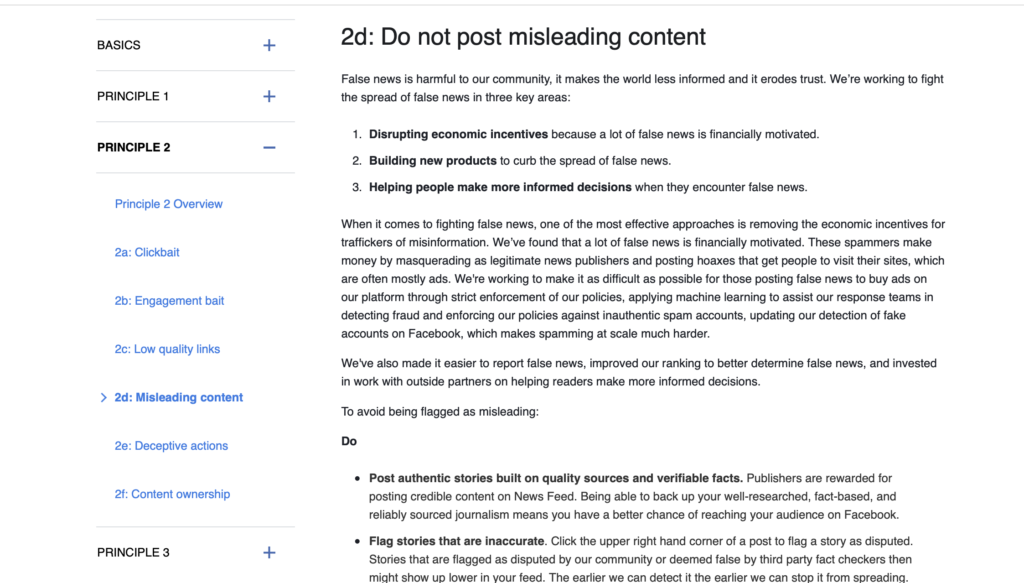

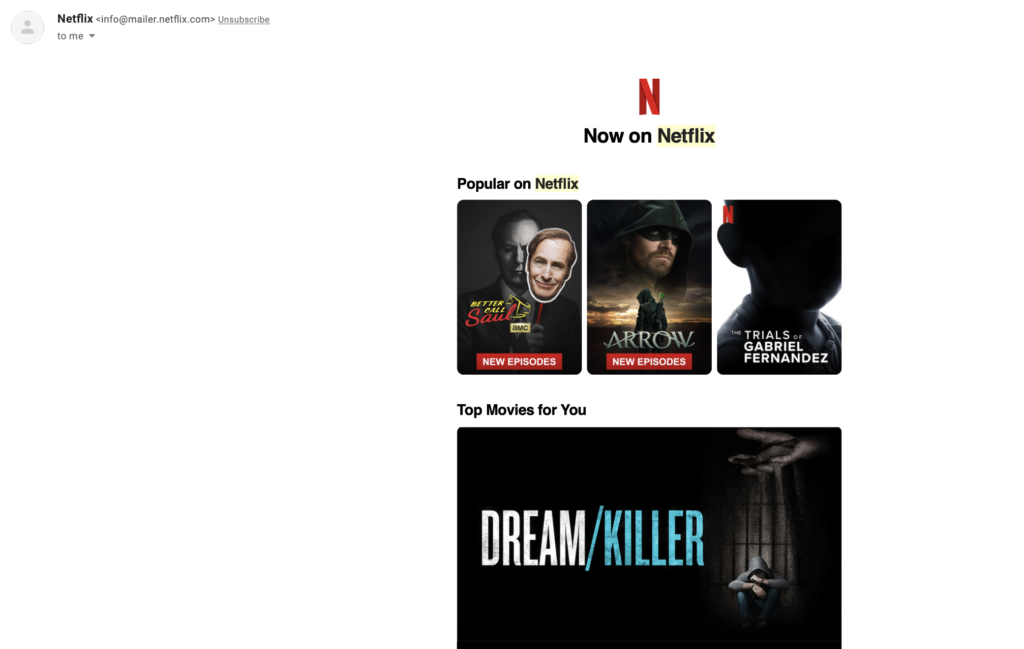
Thanks for the wonderful article. Thanks for sharing
In social media marketing, I prefer Pinterest marketing which is really easy to get an audience by picking niche… And as you said follower engagement is necessary. Pinterest has a huge opportunity to do that…